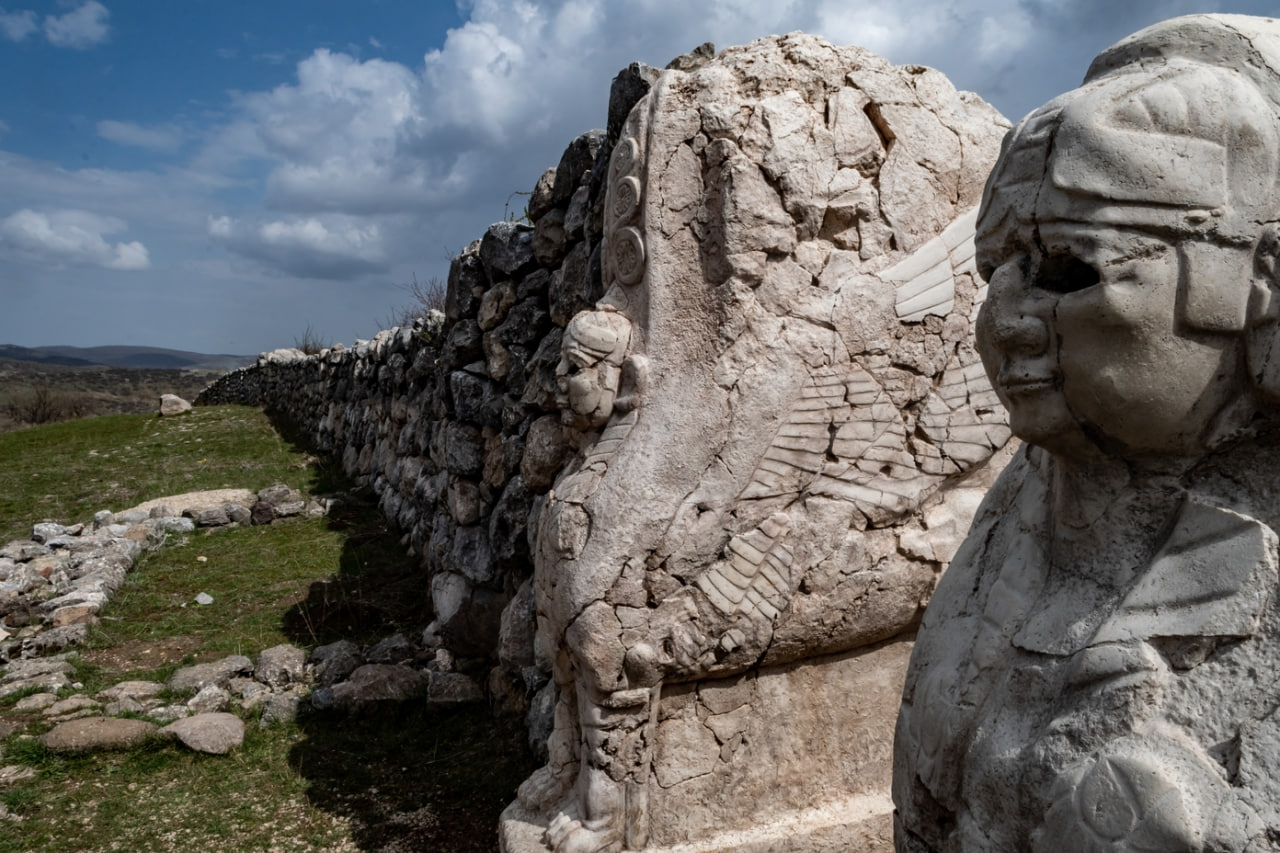Leadership has shaped the course of human history, determining the fate of nations, empires, and cultures. From visionary kings to strategic generals, the actions and decisions of rulers have left lasting imprints on society, governance, and culture. Studying these leaders and their legacies offers insights into the principles of authority, the challenges of governance, and the qualities that distinguish influential leadership from failure.
The Power of Visionary Leadership
Visionary leaders possess the ability to see beyond immediate circumstances, envisioning long-term goals for their nations or empires. Leaders such as Alexander the Great exemplify this quality, uniting diverse territories under a single banner and spreading cultural exchange across vast regions. Their vision inspired loyalty, motivated populations, and shaped societies that endured beyond their lifetimes.
Visionary leadership often combines strategic thinking with personal charisma, allowing rulers to mobilize resources, implement reforms, and drive social and economic progress. Societies led by such individuals frequently achieve rapid expansion, innovation, and cultural flourishing.
Military Strategy and Empire Building
Military prowess has been a defining trait of many influential rulers. Leaders like Genghis Khan and Julius Caesar relied on strategic innovation, tactical expertise, and disciplined forces to expand territories and consolidate power. Military campaigns not only secured borders but also facilitated trade, cultural diffusion, and political unification.
Effective military leadership requires foresight, adaptability, and the ability to motivate and organize large groups under high-pressure circumstances. The success or failure of military campaigns often determined the stability and longevity of empires, illustrating the critical interplay between warfare and governance.
Administrative and Political Reforms
Rulers who implemented effective administrative and political reforms often left enduring legacies. Emperor Augustus of Rome reorganized the republic’s structure into an efficient imperial system, balancing power, governance, and civic responsibility. Similarly, the Qin Dynasty’s legal and bureaucratic reforms unified China, standardized measurements, and strengthened central authority.
Administrative innovation allows rulers to maintain control, optimize resource management, and ensure social stability. Reforms in taxation, law, and governance create systems capable of sustaining growth, integrating diverse populations, and adapting to challenges, extending the influence of leadership beyond a single ruler’s lifetime.
Cultural and Religious Influence
Famous rulers often leveraged culture and religion to reinforce authority and shape societal identity. Pharaohs of ancient Egypt promoted monumental architecture and religious practices that legitimized their rule, while Emperor Ashoka of India embraced Buddhism to unify his empire and promote ethical governance.
Cultural patronage and religious endorsement strengthen social cohesion and provide enduring legacies that influence art, literature, and belief systems. By guiding cultural development, leaders ensure that their impact resonates through generations, often beyond political or military achievements.
Lessons from Leadership Failures
Not all rulers achieved lasting success. Leaders who were disconnected from their populations, resisted necessary reforms, or engaged in excessive conflict often faced decline. The fall of the Roman Empire, exacerbated by weak leadership, corruption, and internal division, demonstrates how ineffective governance can erode stability and legacy.
Similarly, leaders who failed to adapt to changing social, economic, or environmental conditions often saw their empires collapse. Examining failures alongside successes provides a comprehensive understanding of leadership, highlighting the importance of foresight, empathy, and adaptability.
Gender and Leadership
While history often highlights male rulers, influential women have also shaped civilizations. Cleopatra of Egypt navigated political alliances and military conflicts to protect her kingdom, while Empress Wu Zetian of China implemented reforms that strengthened central authority and promoted education.
These examples illustrate that leadership qualities—vision, strategic thinking, and cultural influence—transcend gender, demonstrating the diverse ways rulers have left legacies across societies.
Leadership in Context
The effectiveness of rulers is shaped not only by personal traits but also by context. Geography, economy, social structure, and historical circumstances influence the opportunities and constraints leaders face. Understanding the interplay between individual decisions and broader circumstances allows for a nuanced perspective on leadership and legacy.
Enduring Legacy
The legacies of famous rulers persist in laws, architecture, literature, cultural practices, and societal norms. Leaders who successfully combined vision, strategy, and governance created societies that influenced generations beyond their reign. By studying these figures, we gain insight into the qualities that define transformative leadership and the ways in which individuals can shape the course of history.
Leadership, in essence, is both an art and a responsibility. The enduring impact of rulers across history reminds us that decisions made in their time reverberate for centuries, shaping civilizations and the collective human experience.

